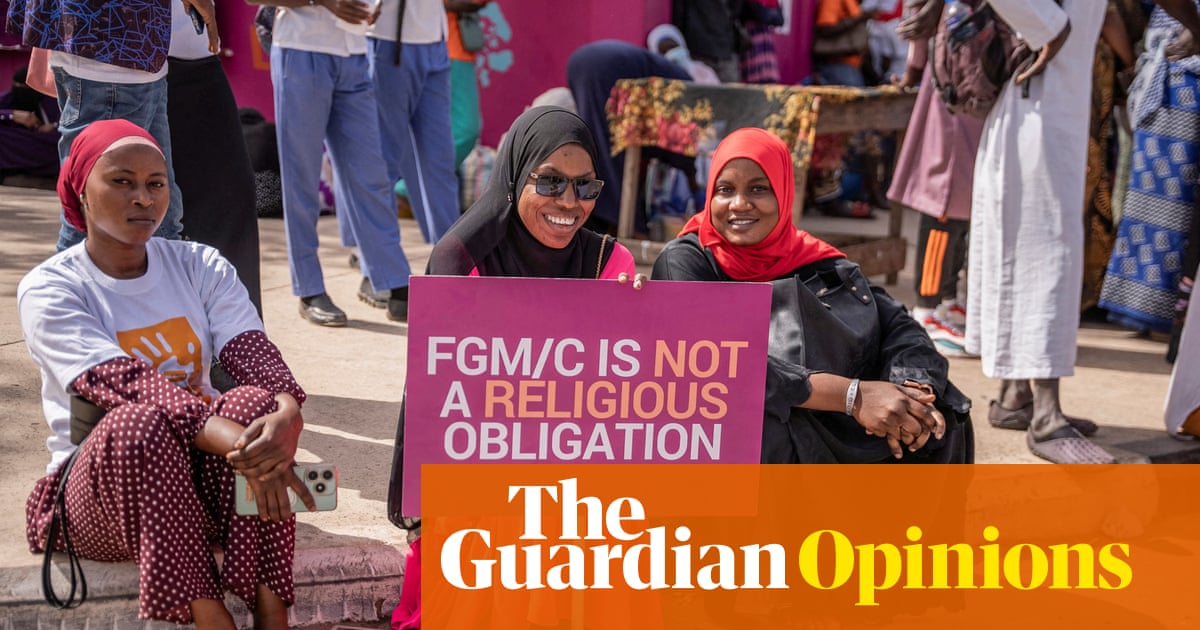Each day, 12,000 girls are at risk of female genital mutilation, the UN says – subjecting them not only to immediate pain and violation of their rights, but to lifelong health complications and trauma. UN experts led by the special rapporteur on violence against women and girls, Reem Alsalem, described it this spring as “one of the most pernicious forms of violence” committed against them.
The UN set a target of eradicating FGM by the end of this decade, and impressive advances have been made in some countries. But overall, progress has stalled or reversed. In 2016, 200 million girls and women worldwide had undergone FGM. Since then, 30 million more women have endured it. Most FGM cases – 144 million – have happened in Africa, with a reported 80 million in Asia and 6 million in the Middle East. The rate of decrease has been slower than population growth in communities where the practice persists, and Unicef says that girls are also being cut at a younger age, reducing the opportunities to intervene.
In Sierra Leone – where FGM remains legal – three girls have died in cutting ceremonies this year. There are no health benefits to the practice, which involves the partial or total removal of the external female genitalia. All forms are associated with increased long- and short-term health risks. Alarmingly, MPs in the Gambia initially approved an attempt to overturn a ban on FGM this summer. Almameh Gibba, the legislator responsible, said he wanted to “uphold religious loyalty and safeguard cultural norms and values”. The country would have been the first to reverse protective legislation, setting an alarming precedent: it took determined activism by campaigners to see off the threat. According to UN estimates, as many as three-quarters of Gambian women between 15 and 49 have undergone the practice. The rate in Sierra Leone is believed to be even higher. Legislation is necessary to protect girls, though enforcement and education are also crucial.
The growing concern is that FGM is increasingly being medicalised in some places – performed by trained staff rather than traditional practitioners, with some communities apparently seeing this as a safer way to continue the custom despite the risks that exist even in a hospital setting. The mistaken belief that this is necessarily less severe, and prevents complications, may make parents more willing to go ahead. It is also less visible, with families and staff often claiming that a girl is undergoing a different procedure. Training healthcare workers about the damage it causes can help them not only to resist pressure to carry out FGM, and report it, but to shift attitudes. One study found that clients of antenatal clinics with staff trained to prevent FGM were themselves less supportive of the practice.
Men as well as women need to be addressed and involved in anti-FGM activism. Promoting gender equality more broadly is essential, as is engaging with traditional, political and religious leaders to raise awareness of the harms: even families who disapprove of the practice may still subject their daughters to it for fear that they will otherwise be stigmatised. Such work is best led by local campaigners with external support. Survivors also need help in dealing with psychological damage and accessing reconstructive surgery. While several European countries have specialist clinics, the NHS does not provide it. Though prevention is the priority, those who have endured FGM need support too.

